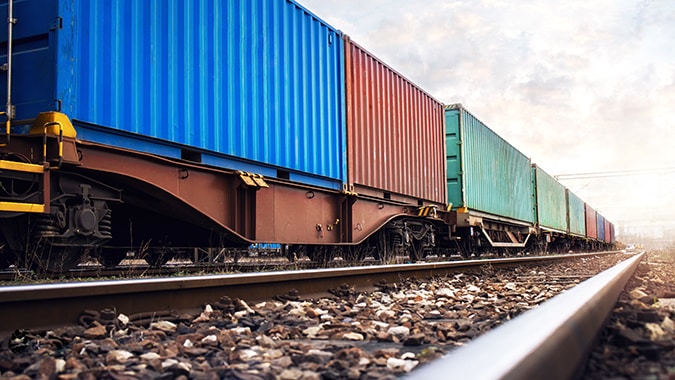In his latest OpEd in the Bergen Record and the USA Today/Gannett NJ chain, NJBIA Deputy Chief Government Affairs Officer Ray Cantor said a California mandate to transition all freight and rail locomotives to zero-emissions by 2035 could potentially wreak havoc on New Jersey’s economy.
“It might not seem possible that a rule in California could affect New Jersey, but the rail network is entirely interconnected, with some 60% of the nationwide locomotive fleet traveling through California at some point,” Cantor wrote. “Trains don’t stop at state lines, after all. This interconnected and uninterrupted network is part of rail’s efficiency and cost advantage.
“New Jersey’s 19 different freight railroads are typically the most affordable way for shippers to move freight. Trains not only connect our ports and businesses to markets across the nation and globe, they also decrease congestion levels and wear and tear on taxpayer-funded roadways. In recent years, trains have moved enough freight to displace nearly 3 million heavy truckloads in New Jersey alone.
Cantor explained that freight rail is a “critical connector for the Port of New York and New Jersey, the East Coast’s busiest port,” with the port’s on-dock rail system handling 1.5 million rail lifts every year.
“Its terminals in Elizabeth, Newark, Staten Island and Port Jersey enable multiple railroad partners to move freight from the congested East Coast to midwestern and eastern Canadian markets,” Cantor wrote.
“We should continue to foster our advantages for sustainable economic growth. But an untenable rail emissions regulation promulgated on the other coast could affect supply chains here if the U.S. Environmental Protection Agency approves it.”
To read Cantor’s full OpEd, click here.




